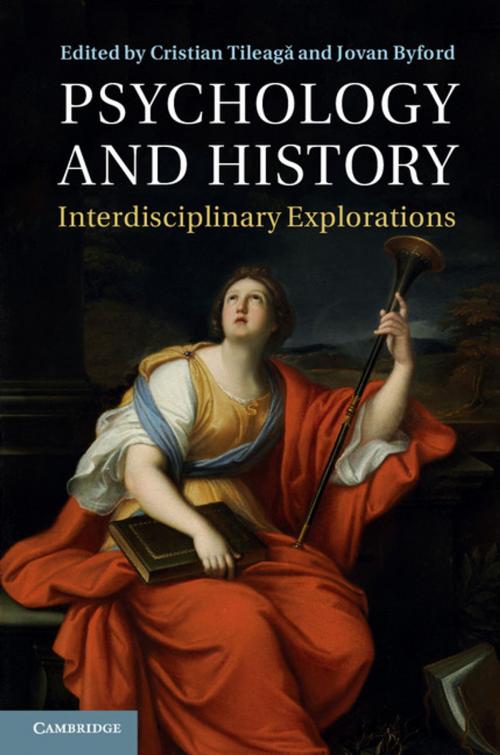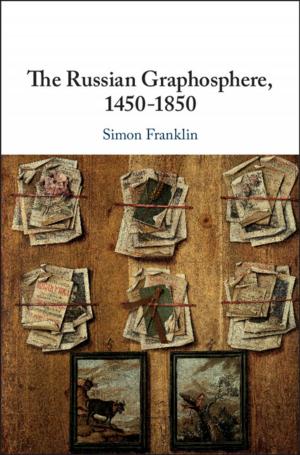Psychology and History
Interdisciplinary Explorations
Nonfiction, Health & Well Being, Psychology, Social Psychology, History| Author: | ISBN: | 9781107779532 | |
| Publisher: | Cambridge University Press | Publication: | February 20, 2014 |
| Imprint: | Cambridge University Press | Language: | English |
| Author: | |
| ISBN: | 9781107779532 |
| Publisher: | Cambridge University Press |
| Publication: | February 20, 2014 |
| Imprint: | Cambridge University Press |
| Language: | English |
As disciplines, psychology and history share a primary concern with the human condition. Yet historically, the relationship between the two fields has been uneasy, marked by a long-standing climate of mutual suspicion. This book engages with the history of this relationship and possibilities for its future intellectual and empirical development. Bringing together internationally renowned psychologists and historians, it explores the ways in which the two disciplines could benefit from a closer dialogue. Thirteen chapters span a broad range of topics, including social memory, prejudice, stereotyping, affect and emotion, cognition, personality, gender and the self. Contributors draw on examples from different cultural contexts - from eighteenth-century Britain, to apartheid South Africa, to conflict-torn Yugoslavia - to offer fresh impetus to interdisciplinary scholarship. Generating new ideas, research questions and problems, this book encourages researchers to engage in genuine dialogue and place their own explorations in new intellectual contexts.
As disciplines, psychology and history share a primary concern with the human condition. Yet historically, the relationship between the two fields has been uneasy, marked by a long-standing climate of mutual suspicion. This book engages with the history of this relationship and possibilities for its future intellectual and empirical development. Bringing together internationally renowned psychologists and historians, it explores the ways in which the two disciplines could benefit from a closer dialogue. Thirteen chapters span a broad range of topics, including social memory, prejudice, stereotyping, affect and emotion, cognition, personality, gender and the self. Contributors draw on examples from different cultural contexts - from eighteenth-century Britain, to apartheid South Africa, to conflict-torn Yugoslavia - to offer fresh impetus to interdisciplinary scholarship. Generating new ideas, research questions and problems, this book encourages researchers to engage in genuine dialogue and place their own explorations in new intellectual contexts.















